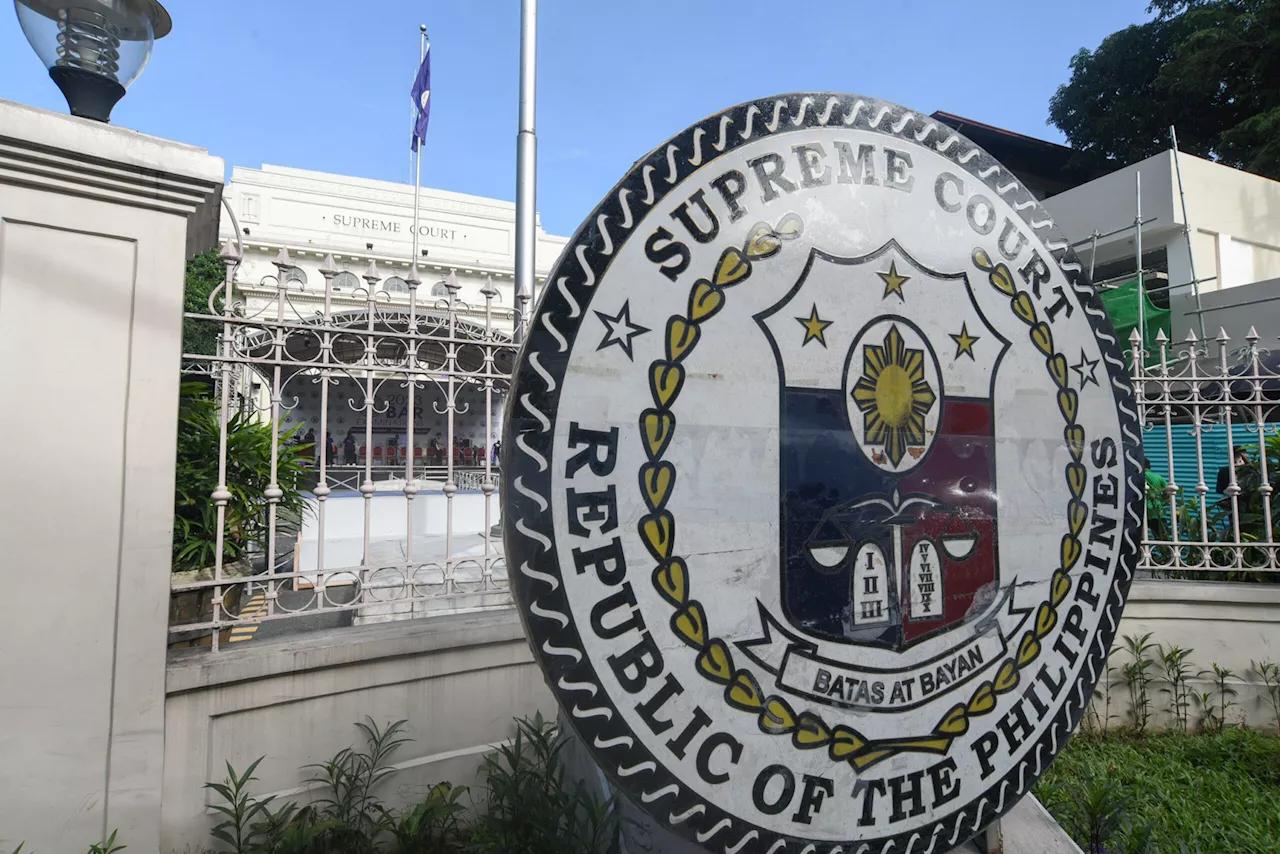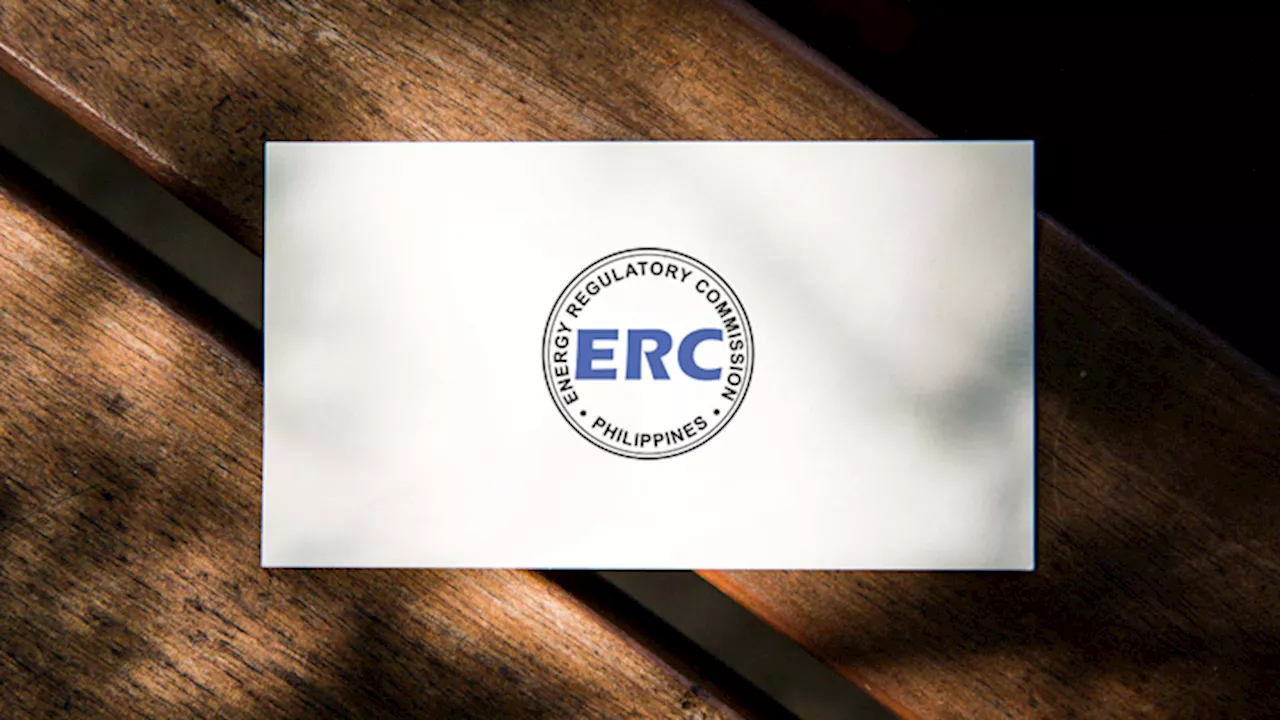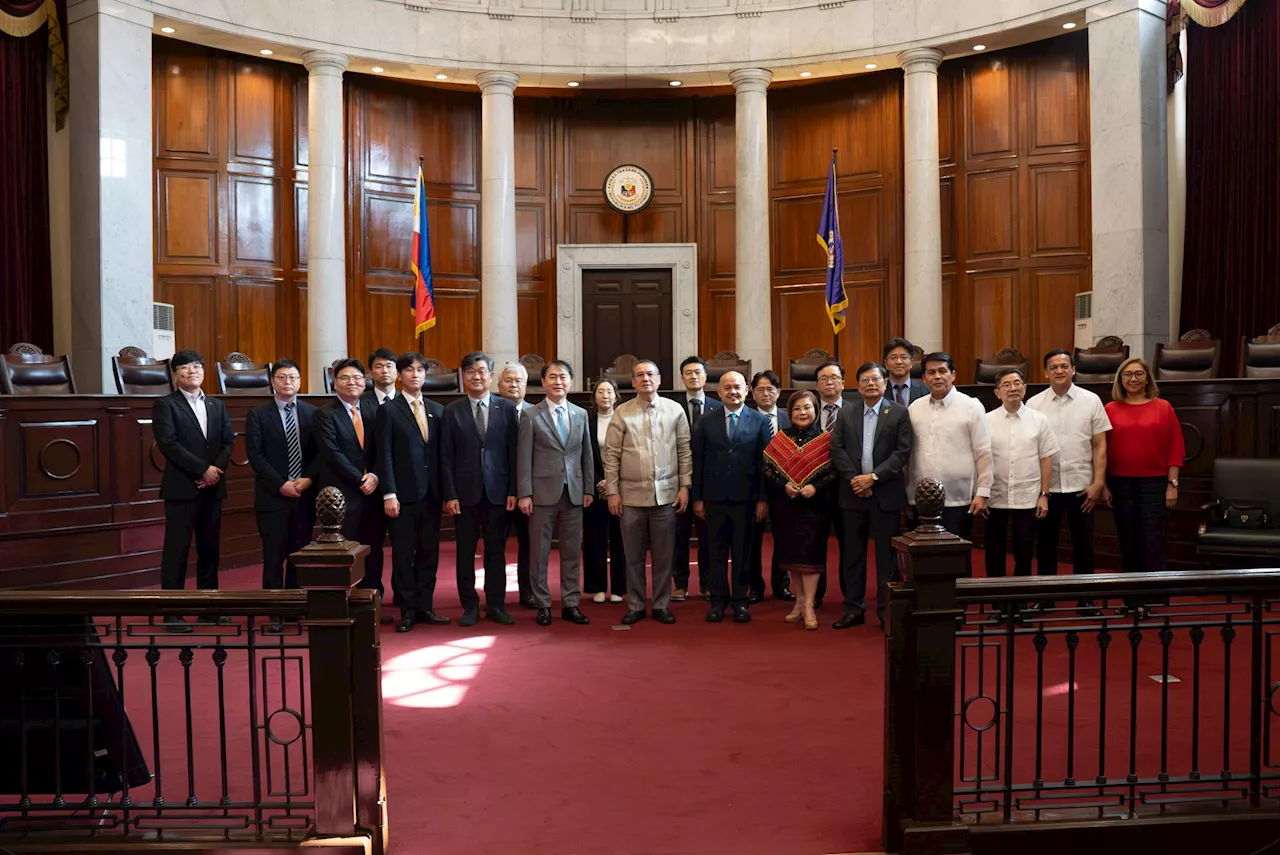The Philippine Supreme Court has affirmed the Energy Regulatory Commission's (ERC) power to require bill deposits from electricity consumers. The court dismissed a petition challenging the ERC's authority, stating that it falls within its rate-setting powers to ensure the financial stability of power distributors. The bill deposit policy, introduced in 2004, requires residential consumers to pay an amount equivalent to one month's estimated billing as a guarantee against unpaid bills.
MANILA, Philippines — The Supreme Court affirmed the authority of the Energy Regulatory Commission to mandate bill deposits from electricity consumers, recognizing it as a legitimate exercise of the ERC's rate-setting powers to ensure the financial stability of power distributors.In a ruling penned by Senior Associate Justice Marvic M.V.F. Leonen, the high court en banc dismissed a petition filed by Neri J.
To implement this policy, the ERC issued operational guidelines for the collection and refund of bill deposits. In 2018, the ERC initiated public consultations on draft rules aimed at monitoring and reporting bill deposit transactions.The petitioners, however, argued in 2019 that the ERC lacked sufficient regulations governing the bill deposit requirement.
ENERGY REGULATION SUPREME COURT ERC BILL DEPOSITS CONSUMER PROTECTION
Philippines Latest News, Philippines Headlines
Similar News:You can also read news stories similar to this one that we have collected from other news sources.
 Supreme Court Upholds ERC Regulatory Powers in Power SectorThe Supreme Court of the Philippines ruled that electricity generation and power supply are not public utility operations, but are still subject to regulation by the Energy Regulatory Commission (ERC). The court stated that while power generation and supply companies are not public utilities due to their limited customer base, they remain under government regulation through safeguards in the Electric Power Industry Reform Act (EPIRA). The SC upheld provisions allowing the ERC to set charges, enabling distribution utilities to recover losses. This decision stemmed from a 2013 petition challenging the constitutionality of EPIRA provisions.
Supreme Court Upholds ERC Regulatory Powers in Power SectorThe Supreme Court of the Philippines ruled that electricity generation and power supply are not public utility operations, but are still subject to regulation by the Energy Regulatory Commission (ERC). The court stated that while power generation and supply companies are not public utilities due to their limited customer base, they remain under government regulation through safeguards in the Electric Power Industry Reform Act (EPIRA). The SC upheld provisions allowing the ERC to set charges, enabling distribution utilities to recover losses. This decision stemmed from a 2013 petition challenging the constitutionality of EPIRA provisions.
Read more »
 Supreme Court ruling empowers ERC—execThe Energy Regulatory Commission (ERC) said it welcomes the recent ruling of the Supreme Court (SC) affirming the agency’s authority to regulate the power generation and supply sectors. While stakeholders in the generation and supply sectors are not public utilities, they remain subject to ERC regulation.
Supreme Court ruling empowers ERC—execThe Energy Regulatory Commission (ERC) said it welcomes the recent ruling of the Supreme Court (SC) affirming the agency’s authority to regulate the power generation and supply sectors. While stakeholders in the generation and supply sectors are not public utilities, they remain subject to ERC regulation.
Read more »
 Supreme Court Partners with KOICA to Modernize Court Systems in the PhilippinesThe Supreme Court of the Philippines has joined forces with the Korea International Cooperation Agency (KOICA) Philippines to implement modern court systems. KOICA, a Korean governmental organization, will guide the Philippines in adopting advanced systems inspired by the Republic of Korea's modern judicial practices. The collaboration aims to enhance efficiency, innovation, and accessibility within the Philippine judiciary.
Supreme Court Partners with KOICA to Modernize Court Systems in the PhilippinesThe Supreme Court of the Philippines has joined forces with the Korea International Cooperation Agency (KOICA) Philippines to implement modern court systems. KOICA, a Korean governmental organization, will guide the Philippines in adopting advanced systems inspired by the Republic of Korea's modern judicial practices. The collaboration aims to enhance efficiency, innovation, and accessibility within the Philippine judiciary.
Read more »
 Supreme Court Upholds Constitutionality of Electric Power Industry Reform ActThe Supreme Court of the Philippines has upheld the constitutionality of several provisions of the Electric Power Industry Reform Act (Epira), allowing the Energy Regulatory Commission (ERC) to regulate electricity rates and ensure power distribution utilities can recover their losses. The Court also affirmed that electricity generation and supply are not public utility operations but remain subject to ERC regulation.
Supreme Court Upholds Constitutionality of Electric Power Industry Reform ActThe Supreme Court of the Philippines has upheld the constitutionality of several provisions of the Electric Power Industry Reform Act (Epira), allowing the Energy Regulatory Commission (ERC) to regulate electricity rates and ensure power distribution utilities can recover their losses. The Court also affirmed that electricity generation and supply are not public utility operations but remain subject to ERC regulation.
Read more »
 Supreme Court Upholds Ruling: Municipal Waters Not Exclusively for Local FishermenThe Supreme Court of the Philippines has affirmed a lower court's ruling declaring certain provisions of the Fisheries Code unconstitutional. The decision states that Philippine waters, as natural resources owned by the State, should be regulated by national, not local, government. While the Constitution emphasizes protecting subsistence fishermen's rights, the court ruled that this does not explicitly exclude commercial fishing corporations.
Supreme Court Upholds Ruling: Municipal Waters Not Exclusively for Local FishermenThe Supreme Court of the Philippines has affirmed a lower court's ruling declaring certain provisions of the Fisheries Code unconstitutional. The decision states that Philippine waters, as natural resources owned by the State, should be regulated by national, not local, government. While the Constitution emphasizes protecting subsistence fishermen's rights, the court ruled that this does not explicitly exclude commercial fishing corporations.
Read more »
 Trump Asks Supreme Court to Pause TikTok Ban LawPresident-elect Donald Trump has urged the Supreme Court to temporarily halt a law scheduled to take effect on January 19th, which would force TikTok to be sold off if its Chinese parent company doesn't comply. Trump argues that he, after his inauguration, can negotiate a solution that addresses national security concerns while preserving the platform. The case is being heard on an expedited timeline, with arguments set for January 10th.
Trump Asks Supreme Court to Pause TikTok Ban LawPresident-elect Donald Trump has urged the Supreme Court to temporarily halt a law scheduled to take effect on January 19th, which would force TikTok to be sold off if its Chinese parent company doesn't comply. Trump argues that he, after his inauguration, can negotiate a solution that addresses national security concerns while preserving the platform. The case is being heard on an expedited timeline, with arguments set for January 10th.
Read more »
